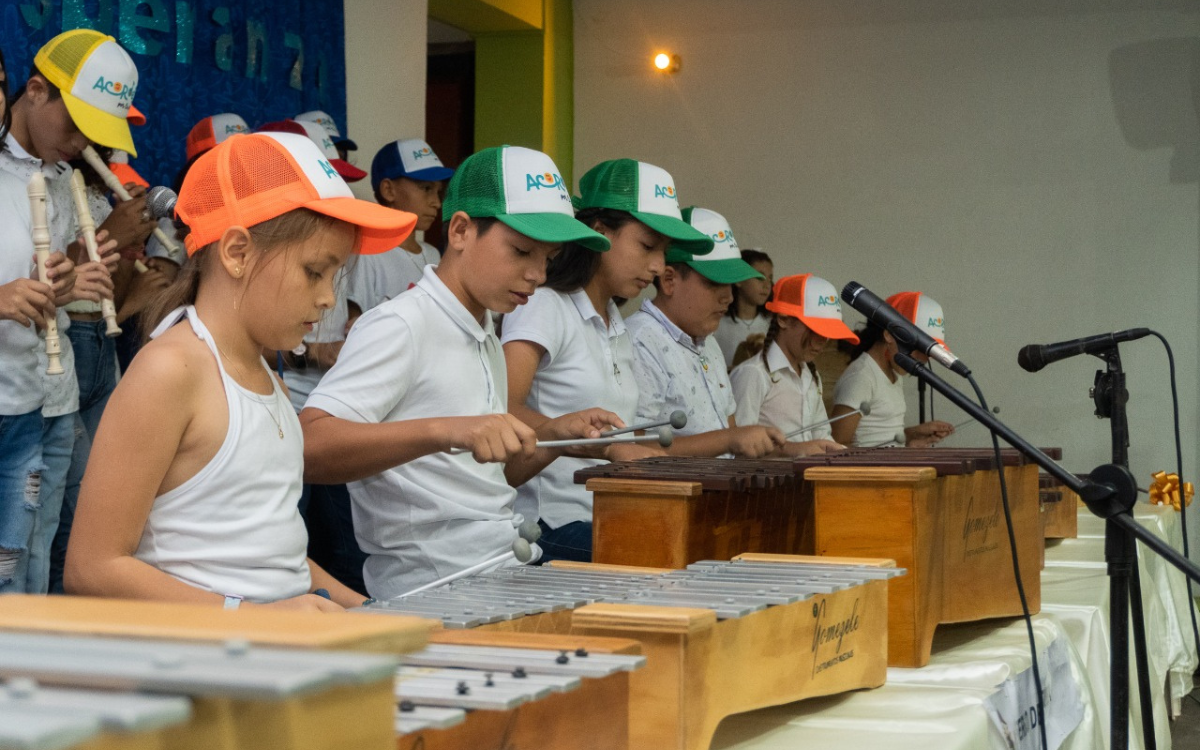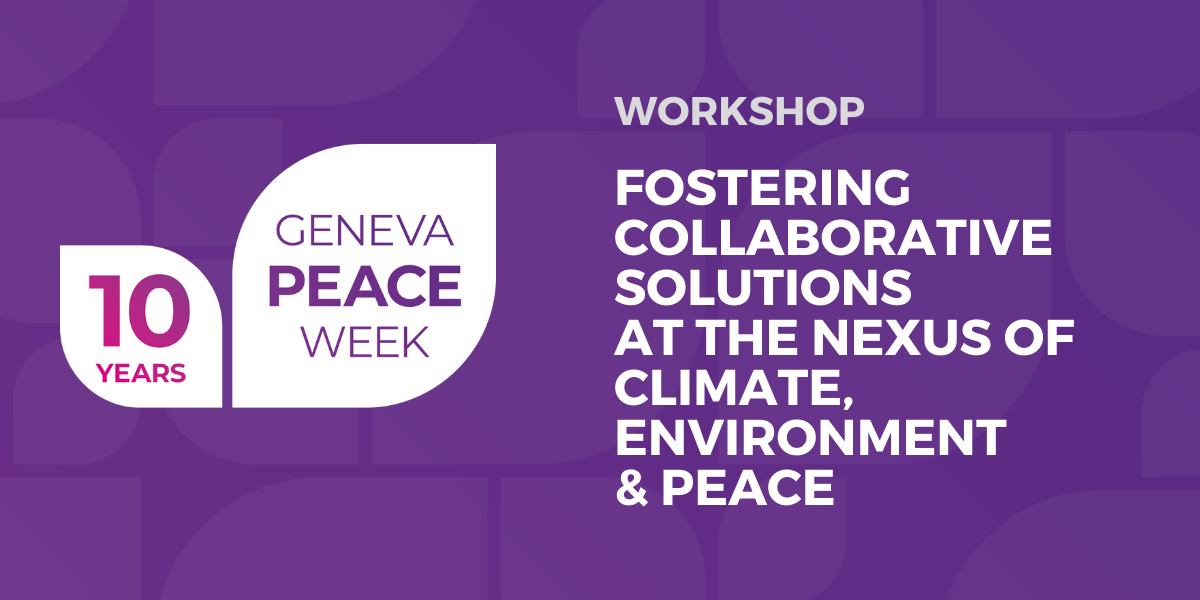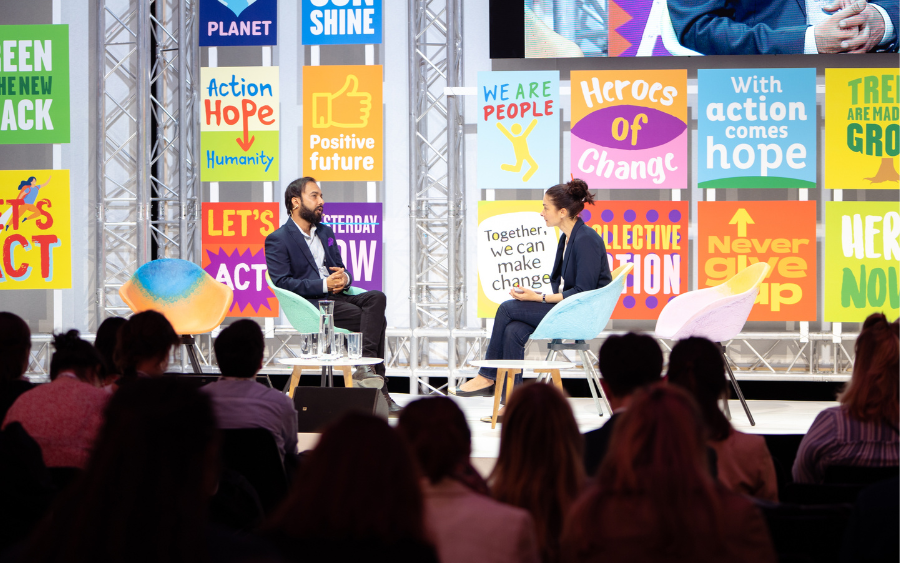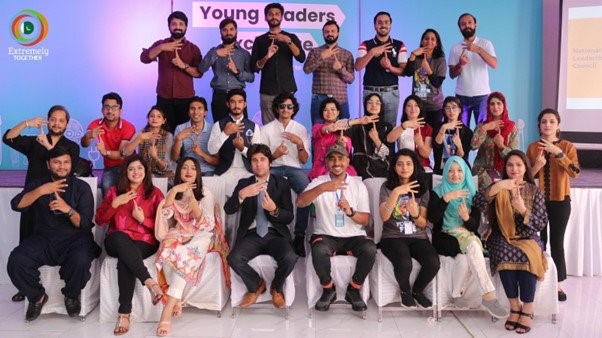Karama’s Story
At the Kofi Annan Foundation, we are approached on a regular basis by individuals across the world who, for one reason or another, find themselves in desperate straits, with nowhere else to turn. Unfortunately, there is often little we can do, but recently, one such call proved too difficult to ignore.
I was back in the office after vacation and the voice of Karama, a young Palestinian living in the middle of the conflict in Gaza, came out of the speaker as I was listening to my messages.
Karama, 24, sounded like a woman who had accepted that she was going to die soon.
I heard resignation and sadness in her voice. She clearly felt nobody was listening, that nobody cared. This indifference from the outside world, and what it revealed, seemed to be almost as terrifying as the bombs and rockets. She was reaching out all the same as she remembered Mr Annan from a visit he had made to the UN School in Gaza years ago. She had sung for him then. Now, as her community was reduced to rubble around her, she was asking to be in touch with him. Her last wish before she died.
My heart went out to Karama; I knew there wasn’t a great deal of help we could offer her, but I needed to let her know that her calls had not gone unheard.
I wrote, and she responded:
“…your letter made me cry, I thought that in this tough world nobody is good, nobody cares about humanity…..”
I asked her to tell me what she was living:
“I don’t know how I can explain the situation here; it is so awful, no electricity, no water and no food. Today is the last day of the ceasefire, I don’t want them to go back to fighting again, oh we are the victims. I know that Gaza is not safe, even after the war we will have to leave it. We have lived three migrations 2008, 2012 and 2014 – it is horrible.
“When I ask how can I leave Gaza and go and live in a safe country, I am told that it is complicated because I am Palestinian – shall I pay the price of being Palestinian all my life? I didn’t do anything to this aggressive world”
Mr Annan reached out to the local agency of UNRWA to see if Karama was safe. Thankfully, Scott Anderson, Deputy Director of UNRWA operations in Gaza, quickly came back to us with the news that she and her family had survived the bombing of her brother’s house in July and had moved in with her grandmother. Shortly after, they were joined by her aunt and other displaced relatives. There are now ten of them living under one roof, surviving on food parcels from UNRWA.
Karama and I continued to exchange messages.
“Last night was horrible, the bombing didn’t stop. Two days ago they targeted a 14 floor tower, they destroyed it completely, they asked the people to evacuate their houses and then about half an hour later they bombed it.
During the night we can’t sleep well, because of the bombs
Israel has targeted the ONLY power supply in Gaza, we have electricity for 6 hours a day, the weather has been sooo hot and I can’t even take a shower because there is no water :(“
I felt privileged to meet Karama. Privileged, but helpless. I am 44-years-old, British, and a woman who has never known anything like this. I was born into freedom, independence, and financial and political stability, and I take it for granted.
Then, on Tuesday, August 26, she sent me another message:
“Let me start my letter today with nice news for the first time, Natalie finally everything in Gaza has stopped. Finally the war has stopped, the offensive has stopped, no more fear, no more pain, no more worries.
I went with my brother, I was happy for them, I saw people in the street finally smile and hug each other, I saw people who evacuated their homes carrying their bags and mattress going back to their homes, I saw kids dancing in the street, Ohhh life is coming back to us ..
Dear Natalie, I am still sad for those who were killed, may they all rest in peace, and I wish for all the injured to get well soon. While I was walking in the street I saw the buildings which were destroyed in the war, so awful, but I turned my face to see, on the other side, the people who are celebrating., I wanted to take many pictures to show you my people in Gaza, very simple people, very lovely and kind as well ..”
I find it so hard to see beyond the fact that we are two human beings who both want to live our lives happily, constructively and safely. And yet, she does not have the freedom, stability and privileges I do – it makes me consider just how similar we are as humans, but how different life and circumstance can make us.
Karama has not only touched me as a fellow human being, but she has also given me an insight into what life is like as a refugee caught up in a terribly complicated political situation, and the price that people, who are just like me, pay for simply being born into another country, into another culture
Most importantly, she has given me a lesson in how to retain your dignity when fate, circumstance and powerful forces seek to strip it from you.
I know Karama dreams to be able to look towards a safe future, to have the opportunity to study International Law abroad, and to be in touch with Mr Annan. These may seem like remote dreams for a young woman whose future is far from certain, but at least one of these things came true – she recently spoke with Mr Annan.
And despite the death, fear, destruction, violence and aggression that she was facing, she spoke to him with grace and dignity.
Afterwards, I told her I admired many things about her, but especially her dignity, and how she had carried herself through such an incredibly difficult period. .
Her reply: My dear Natalie, my name is Karama it means “Dignity”.
Natalie McDonnell
Executive Assistant



